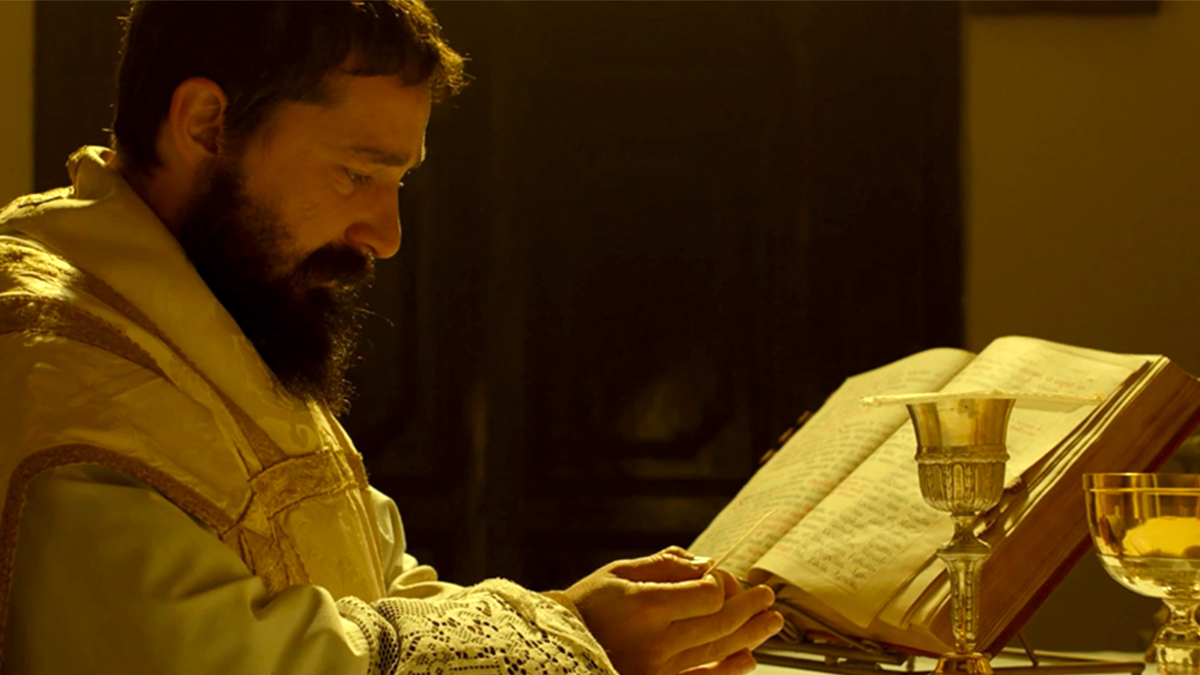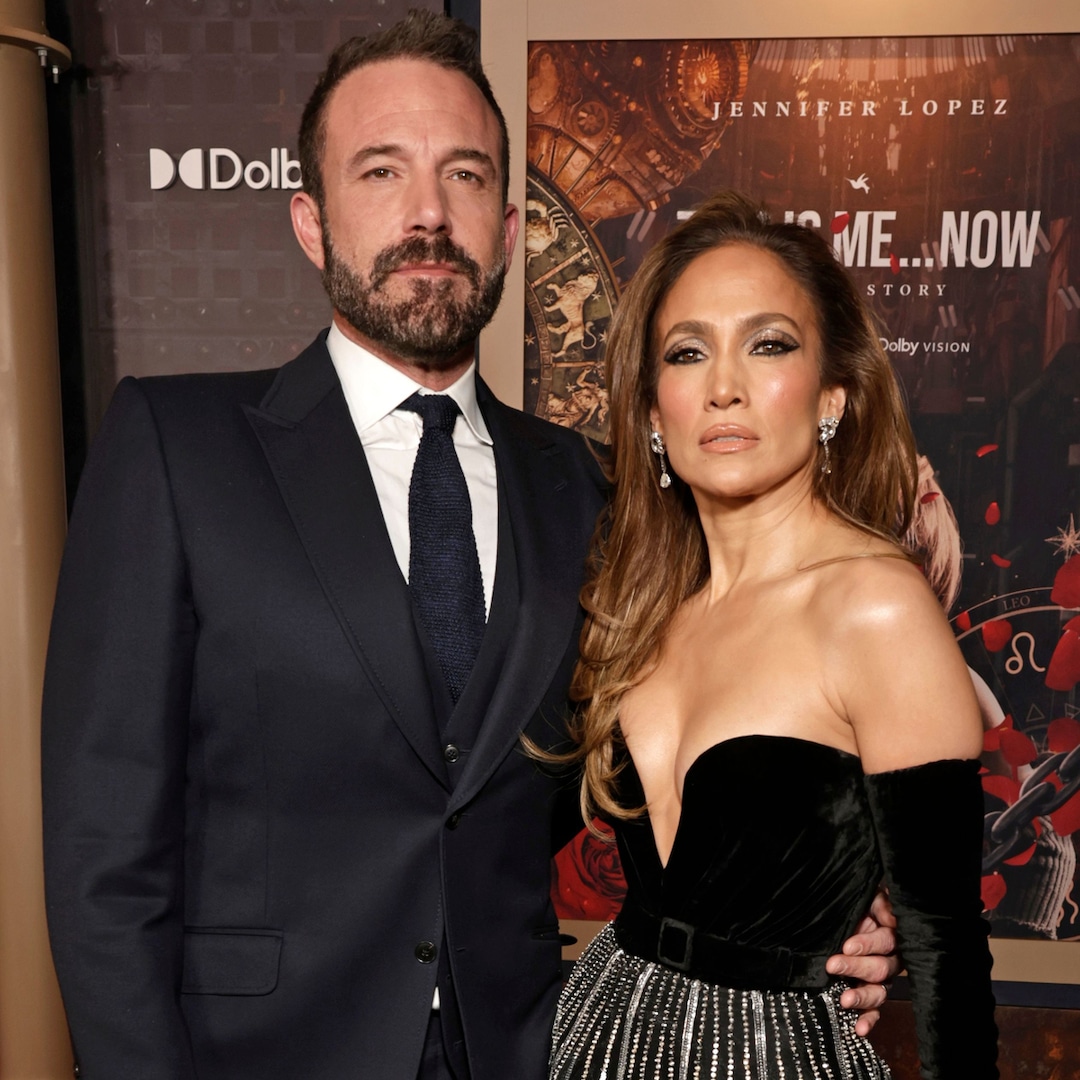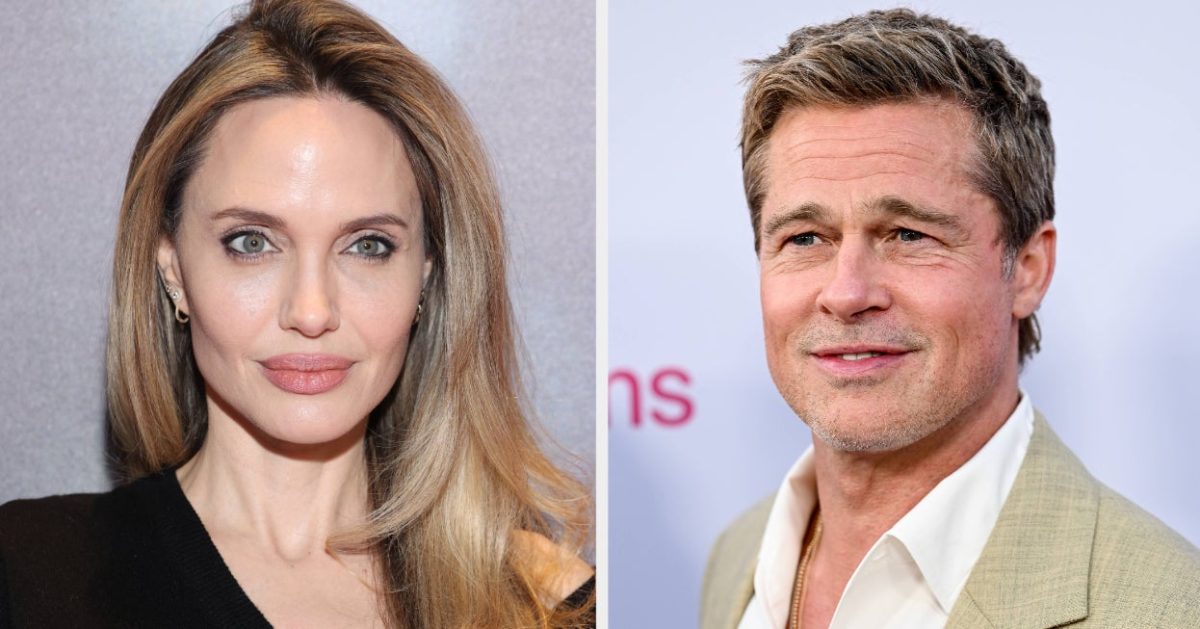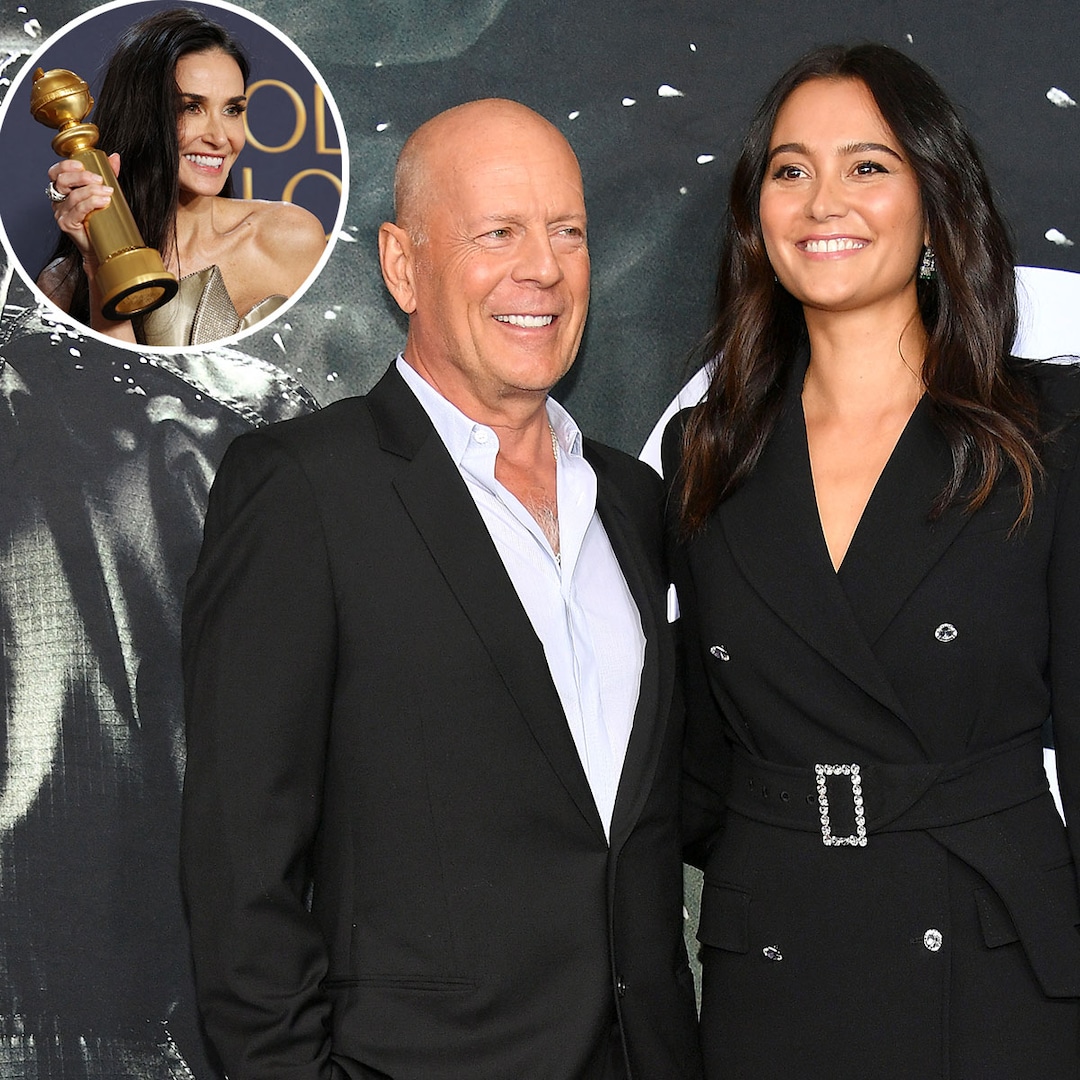
Film Review: ‘Padre Pio’- A Haunting Treatise On Faith And Fascism
Jul 17, 2023
Filmmaker Abel Ferrara is a strange cat and one hell of a cinematic artist. Shia LaBeouf is a strange cat and a damn good actor. Ferrara’s latest, “Padre Pio” brings these two unique personalities together for a tale of spirituality, fascism, and sin.
Abel Ferrara has long been a director who creates characters plagued by wickedness, his films snaking through an ungodly world of sex and violence and immorality.
A good deal of Ferrara’s filmography depicts faith in decline. In his world, faith crumbles and redemption is unattainable. The filmmaker doesn’t present a struggle with religious conviction, rather, his characters choose to embrace their place in this ugly world.
Lately, Ferrara’s works have become introspective and meditative. With the films “Tommaso” and “Zeroes and Ones”, his characters have become more aware of their actions, pondering their past and how it colors those around them.
Continuing his ruminative course with “Padre Pio”, Ferrara and his co-screenwriter Maurzio Braucci examine the true tale of Francesco Forgione, a Franciscan Capuchin friar whose reported mystical abilities and ties to fascism made him a controversial figure.
Forgione’s crisis of faith is a parable woven into a Bertolucci-esque dissection of the battle between totalitarianism and democracy. In the post-World War I Italian village of San Giovanni Rotondo (the site of a 1920 massacre where local police gunned down peaceful socialist protestors), the scene is set for the rise of Fascism.
As with most of his late career works, Ferrara is not interested in creating a smooth narrative, nor is he presenting an easy to swallow biopic. The film exists as an unsettling parallel of Christianity and Marxism that will upset the devout and stimulate those with a hunger for important sociopolitical examinations.
As LaBeouf’s Padre Pio wrestles with a violent personal torment, the film takes aim at the cracking social pressures under the threat of dictatorship. Ferrara includes socialists, revolutionaries, and corrupt landlords. The filmmaker (once a heroin-addicted Catholic who found a clean life through Buddhism) lived through his own individual crises, his insight giving this work a visceral emotional power.
For Shia LaBeouf, the picture is an act of contrition. As the actor found himself accused of abuse by former girlfriends. Padre Pio struggled with memories of his own narcissistic and abusive past. When the character argues with a demonic vision about the women he has destroyed, LaBeouf’s performance bleeds an unshakable reality.
Ferrara’s film becomes a confessional for Shia LaBeouf. The director lingers on intense closeups of his lead until the pain of performer and character intertwine. As LaBeouf and Padre Pio share the weight of their sins, LeBeouf gives a captivating and effective performance straight from his soul.
Ferrara’s filmmaking here could be misconstrued as disjointed, but the film is carefully constructed. The director tells the stories through a purposefully fragmented structure that holds its power in haunting imagery and bursts of measured dramatic intensity.
In one of the film’s best moments, Padre Pio gives confessional to a character called only “Tall Man”. Played by Asia Argento, the man confesses his sexual attraction to his pubescent daughter. After screaming at the man to “Get the fuck out”, the moment becomes representative of the Herculean effort to live a good life amongst a world where the darkest sins of humanity exist in so many. How can one seek redemption in a world so tragic?
Ferrara’s frequent collaborator Joe Delia scored the film. After an opening piece that echoes Ennio Morricone’s more subdued Spaghetti Western cuts, the composer uses a moody synth score to enhance the intensity of the Padre’s emotional weight and the affecting memory of the San Giovanni Rotondo massacre.
Abel Ferrara is a man who cares deeply about his country, his heritage, and how we must continue to push back against the perils of fascism and challenge ourselves to rise above the endless debris of our world’s tainted past. The director argues we must stay strong and not give in to darkness that surrounds us, but asks the hard question of how one can achieve redemption in a world so morally corrupt.
“Padre Pio” is a hallucinatory vision (Alessandro Abate’s cinematography is a highlight) that totalizes its tale of shaken faith and political upheaval as a reflection of our modern society.
This is confrontational filmmaking with an important voice.
Padre Pio
Written by Maurzio Braucci & Abel Ferrara
Directed by Abel Ferrara
Starring Shia LaBeouf, Cristina Chiriac, Marco Leonardi, Salvatore Ruocco, Asia Argento
R, 104 Minutes, Maze Pictures/Interlinea Films/Rimsky Productions
Related
Publisher: Source link
Celebrities With Their Own Companies
Celebrities With Their Own Companies Whether you aspire to be an actor or musician, getting the shot at a big break is hard enough. But managing to make a career outside of what you were already famous for? Now that's…
Jan 7, 2025
Jennifer Lopez Reunites With Ex Ben Affleck at His Home
Jennifer Lopez & Ben Affleck Reunite at His L.A. Home Amid EstrangementThis is a pair of friendly exes...now. Less than five months after filing for divorce from estranged husband Ben Affleck, Jennifer Lopez reunited with the two-time Oscar winner at…
Jan 7, 2025
Why Angelina Jolie Won’t Talk About Brad Pitt Divorce
Why Angelina Jolie Won't Talk About Brad Pitt Divorce For a quick reminder, Brad and Angelina started dating back in 2005 after meeting on the set of their movie Mr. & Mrs. Smith. They didn’t get married until August 2014,…
Jan 6, 2025
Bruce Willis’ Wife Emma Reacts to Demi Moore’s 2025 Golden Globes Win
Demi—who wore custom Armani Privé to the event—beat out fellow nominees Amy Adams, Cynthia Erivo, Karla Sofía Gascón, Mikey Madison and Zendaya in her category. And when accepting her award, the 62-year-old shared a powerful message on overcoming a "low point"…
Jan 6, 2025











